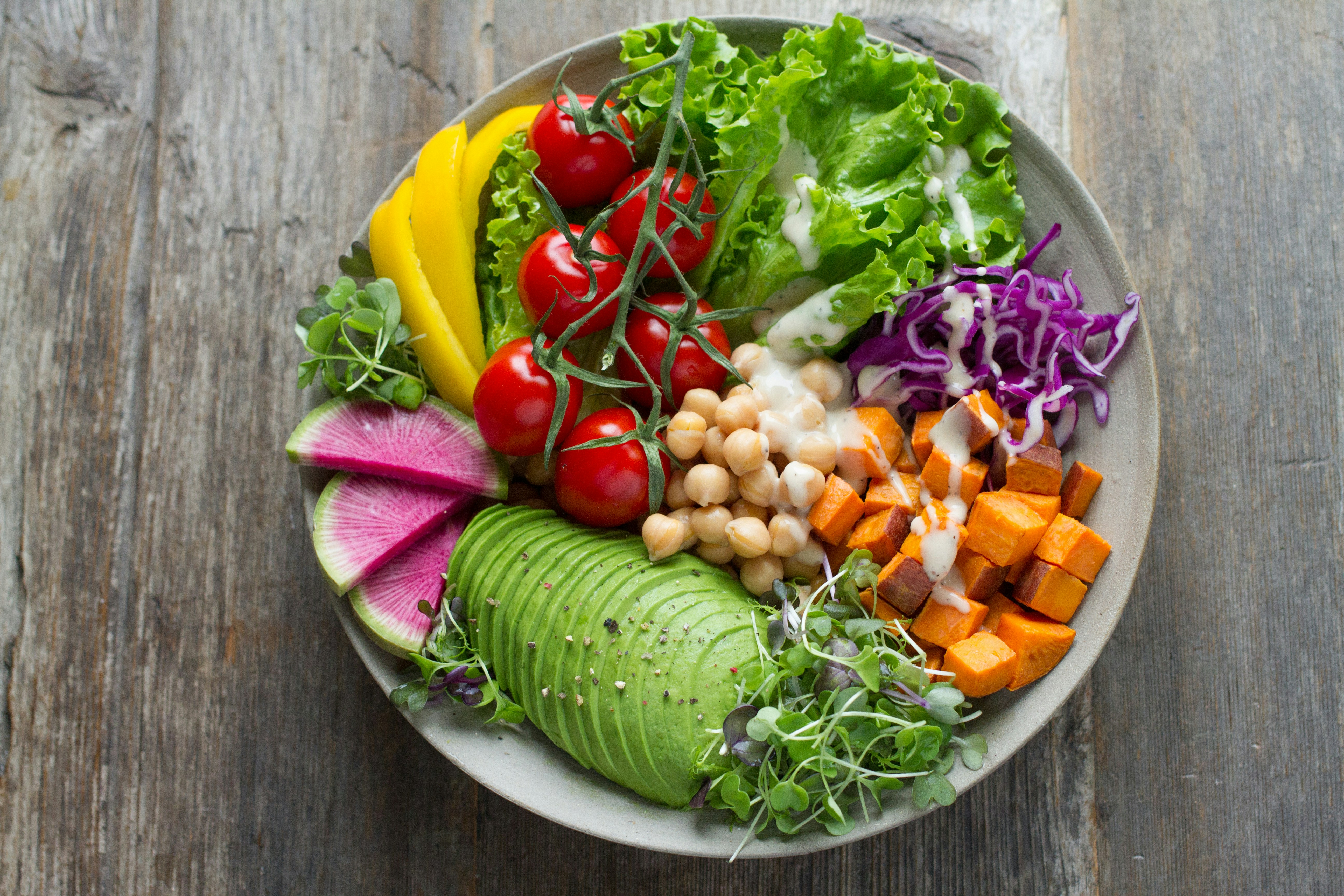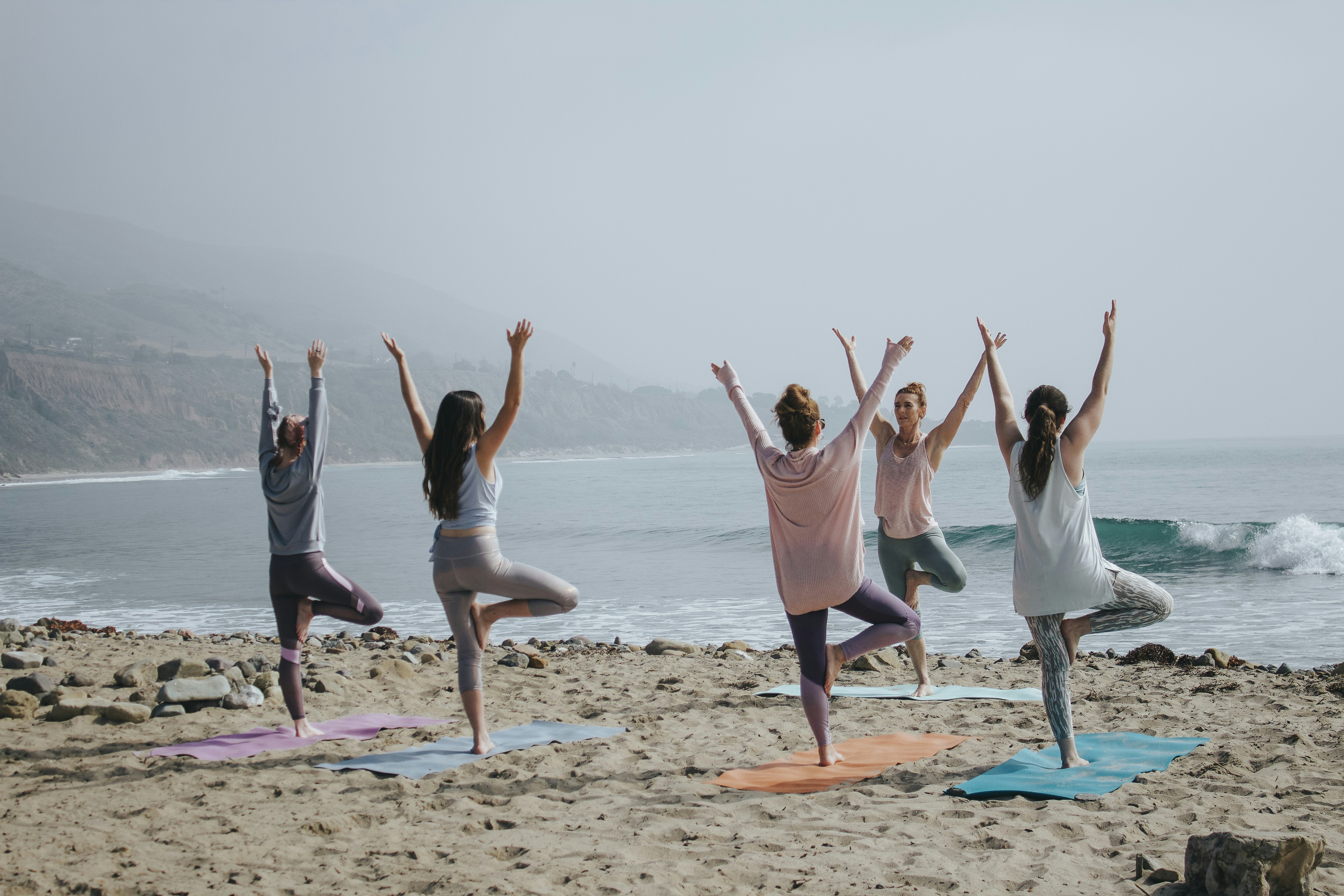Navigating Menopause: Understanding Your Options

Embrace menopause with confidence and clarity. Menopause isn’t just a phase—it’s a transition that reshapes how you feel, think, and live. For many women in Nepal, like my aunt in Pokhara who faced hot flashes during Dashain festivities, it’s a time of both challenge and empowerment. This guide, blending modern science with holistic practices like Ayurveda, explores your options to manage symptoms naturally, medically, or both. From nutrition to hormone therapy, you’ll find practical tips, personal stories, and a 30-day plan to thrive through this journey. Keywords: menopause relief, natural menopause remedies, hormone therapy options.
Jump to 30-Day PlanTable of Contents
- What Is Menopause?
- Stages of Menopause
- Common Symptoms and Their Impact
- Nutrition for Menopause Relief
- Exercise and Movement
- Sleep Strategies
- Stress Management and Mindfulness
- Herbal Remedies and Supplements
- Hormone Replacement Therapy (HRT)
- Alternative Therapies
- Emotional Wellness and Support
- Long-Term Health During Menopause
- 30-Day Menopause Wellness Plan
- Frequently Asked Questions
1. What Is Menopause?
Menopause marks the end of menstrual cycles, typically around age 45–55, when ovaries stop producing eggs and estrogen levels drop. It’s a natural rite of passage, not a disease, though it can feel like one when hot flashes hit during a Kathmandu summer. In Nepal, women often turn to Ayurvedic practitioners in places like Patan to ease this transition. A 2025 study in *The Lancet* notes menopause affects over 1 billion women globally, each with unique experiences. Keyword: what is menopause.
- Hormonal Shift: Declining estrogen and progesterone drive symptoms.
- Cultural Lens: In Nepal, menopause is seen as a time of wisdom, yet symptoms are rarely discussed openly.
Search Query: “What happens during menopause”

2. Stages of Menopause
Menopause isn’t a single event but a journey with distinct phases. My friend Sita, a shopkeeper in Thamel, noticed irregular periods in her 40s, clueless that perimenopause had begun. Keyword: stages of menopause.
2.1 Perimenopause
This transition (5–10 years before menopause) brings fluctuating hormones, causing irregular periods, mood swings, and hot flashes.
2.2 Menopause
Officially diagnosed after 12 months without a period. Symptoms may peak here.
2.3 Postmenopause
Symptoms often ease, but low estrogen raises risks for osteoporosis and heart disease.
| Stage | Duration | Key Changes |
|---|---|---|
| Perimenopause | 5–10 years | Irregular periods, hot flashes |
| Menopause | 1 year | No periods, peak symptoms |
| Postmenopause | Lifelong | Lower symptoms, health risks |
“I wish I’d known perimenopause was a thing,” says Sita. “I thought I was losing it!”
3. Common Symptoms and Their Impact
Menopause symptoms vary widely. My cousin in Bhaktapur struggled with night sweats, tossing blankets off at 2 a.m., while others face subtler shifts. Keyword: menopause symptoms.
3.1 Physical Symptoms
- Hot Flashes: Sudden heat waves, often with sweating.
- Night Sweats: Hot flashes at night, disrupting sleep.
- Weight Gain: Slower metabolism, especially around the midsection.
- Joint Pain: Estrogen loss can stiffen joints.
- Vaginal Dryness: Reduced lubrication, affecting comfort and intimacy.
3.2 Emotional Symptoms
- Mood Swings: Irritability or anxiety from hormonal dips.
- Brain Fog: Trouble focusing or remembering.
- Low Libido: Changes in desire due to estrogen and testosterone shifts.
Search Query: “Common menopause symptoms and relief”

4. Nutrition for Menopause Relief
Your diet can tame menopause symptoms. Growing up in Itahari, my mother relied on mustard greens and lentils to stay strong during her 50s, a habit backed by science. Keyword: diet for menopause relief.
4.1 Nutrient-Dense Foods
- Calcium and Vitamin D: Milk, yogurt, and sunlight prevent bone loss.
- Phytoestrogens: Soy, flaxseeds, and chickpeas mimic estrogen mildly.
- Omega-3s: Fish, walnuts, and chia seeds reduce inflammation.
- Fiber: Whole grains like buckwheat (common in Nepal) stabilize blood sugar.
4.2 Foods to Avoid
- Spicy Foods: Can trigger hot flashes.
- Alcohol: Worsens sleep and mood swings.
- Sugar: Fuels weight gain and inflammation.
4.3 Sample Menopause-Friendly Meal Plan
| Meal | Menu |
|---|---|
| Breakfast | Greek yogurt with flaxseeds and berries |
| Lunch | Chickpea curry with brown rice and greens |
| Snack | Handful of almonds and an apple |
| Dinner | Grilled salmon, quinoa, and steamed broccoli |

5. Exercise and Movement
Exercise eases symptoms and boosts confidence. In Nepal, I’ve seen women in village squares doing morning stretches, radiating energy. Keyword: exercise for menopause.
5.1 Strength Training
Lifting light weights or doing body-weight exercises (2–3 times weekly) preserves muscle and bone density.
5.2 Cardio
Walking or dancing for 150 minutes weekly improves heart health and mood.
5.3 Yoga and Pilates
Poses like Cat-Cow reduce stress and improve flexibility, popular in Kathmandu’s wellness centers.
Search Query: “Best exercises for menopause symptoms”

6. Sleep Strategies
Sleep disruptions are a menopause hallmark. My neighbor in Lalitpur swore by chamomile tea to calm her night sweats. Keyword: sleep and menopause.
6.1 Sleep Hygiene
- Keep a consistent bedtime, even during Tihar celebrations.
- Use breathable cotton bedding to stay cool.
- Avoid screens an hour before bed to boost melatonin.
6.2 Cooling Techniques
Keep a fan or cold pack by your bed for night sweats.
“Sleep was my biggest struggle,” says Mira, a teacher. “A cool room and no late coffee fixed it.”
7. Stress Management and Mindfulness
Stress amplifies menopause symptoms. Joining a meditation group in Boudhanath taught me to breathe through anxiety, a game-changer. Keyword: stress management for menopause.
7.1 Meditation
Try 5-minute guided sessions using apps or local classes in Nepal.
7.2 Breathwork
Alternate nostril breathing calms the nervous system.
7.3 Journaling
Write about your feelings to process emotional ups and downs.
Explore Mindfulness Practices8. Herbal Remedies and Supplements
Nepal’s Ayurvedic traditions, like using shatavari, offer menopause relief. Always check with a doctor before starting. Keyword: herbal remedies for menopause.
8.1 Top Herbs
- Shatavari: Supports estrogen balance, used in Nepali medicine.
- Black Cohosh: May reduce hot flashes, per 2025 studies.
- Ashwagandha: Lowers stress and improves sleep.
8.2 Supplements
- Calcium: 1200 mg daily for bones.
- Vitamin D: 800–1000 IU for absorption.
- Magnesium: Eases muscle tension and sleep issues.
| Supplement | Benefit | Sources |
|---|---|---|
| Calcium | Bone health | Dairy, greens |
| Vitamin D | Bone and mood | Sunlight, fish |
9. Hormone Replacement Therapy (HRT)
HRT can relieve severe symptoms but isn’t for everyone. In Nepal, clinics like Norvic offer consultations to weigh pros and cons. Keyword: hormone therapy for menopause.
9.1 Types of HRT
- Estrogen-Only: For women without a uterus.
- Combined HRT: Estrogen and progesterone for others.
- Bioidentical HRT: Plant-derived, closer to natural hormones.
9.2 Benefits and Risks
Benefits include reduced hot flashes and bone loss. Risks involve blood clots or breast cancer with long-term use, per 2025 *NEJM* data.
Search Query: “Is HRT safe for menopause”
10. Alternative Therapies
Non-medical options can complement lifestyle changes. I tried acupuncture in Kathmandu, and it eased my tension headaches. Keyword: alternative therapies for menopause.
10.1 Acupuncture
May reduce hot flashes and improve sleep, per 2025 studies.
10.2 Aromatherapy
Lavender or peppermint oils promote relaxation.
10.3 Massage
Relieves joint pain and stress.

11. Emotional Wellness and Support
Menopause can feel like an emotional rollercoaster. Talking with friends at a women’s group in Dhulikhel helped me feel less alone. Keyword: emotional wellness during menopause.
11.1 Support Groups
Join local or online groups to share experiences.
11.2 Therapy
Cognitive-behavioral therapy (CBT) can manage anxiety or depression.
11.3 Self-Compassion
Practice affirmations like “I’m strong through this change.”
Search Query: “Coping with menopause emotionally”
12. Long-Term Health During Menopause
Menopause raises risks for certain conditions, but proactive steps keep you vibrant. My aunt’s daily walks in Pokhara kept her heart strong. Keyword: menopause long-term health.
12.1 Bone Health
Weight-bearing exercises and calcium prevent osteoporosis.
12.2 Heart Health
Eat heart-healthy fats and monitor cholesterol.
12.3 Regular Screenings
Get mammograms, bone density tests, and lipid profiles.
13. 30-Day Menopause Wellness Plan
This plan builds habits to ease symptoms and boost well-being. Start small, and you’ll feel empowered.
| Day | Focus | Action |
|---|---|---|
| 1 | Nutrition | Add a serving of calcium-rich food (e.g., yogurt). |
| 2 | Exercise | 20-minute walk or yoga session. |
| 3 | Sleep | Avoid screens 1 hour before bed. |
| 4 | Stress | Try 5-minute meditation. |
| 5 | Nutrition | Eat a phytoestrogen food (e.g., tofu). |
| 6 | Exercise | Do a body-weight workout. |
| 7 | Emotional | Write three things you’re grateful for. |
| 8 | Sleep | Use breathable bedding. |
| 9 | Stress | Practice alternate nostril breathing. |
| 10 | Nutrition | Replace a sugary snack with nuts. |
| 11 | Exercise | Try a Pilates class or video. |
| 12 | Emotional | Join a menopause support group. |
| 13 | Sleep | Keep bedroom cool (18–20°C). |
| 14 | Stress | Take a 10-minute nature walk. |
| 15 | Nutrition | Add omega-3s (e.g., walnuts). |
| 16 | Exercise | Go for a brisk walk. |
| 17 | Emotional | Practice a self-compassion affirmation. |
| 18 | Sleep | Try chamomile tea before bed. |
| 19 | Stress | Do a guided meditation. |
| 20 | Nutrition | Eat a fiber-rich grain (e.g., buckwheat). |
| 21 | Exercise | Do a yoga session. |
| 22 | Emotional | Journal your feelings. |
| 23 | Sleep | Use a fan for night sweats. |
| 24 | Stress | Spend time in nature. |
| 25 | Nutrition | Drink green tea daily. |
| 26 | Exercise | Try strength training with light weights. |
| 27 | Emotional | Connect with a friend or family member. |
| 28 | Sleep | Set a consistent bedtime. |
| 29 | Review | Assess symptom changes in a journal. |
| 30 | Plan Ahead | Set new wellness goals for menopause. |
Tip: Save this plan in your phone’s notes or pin it to your fridge for daily motivation.
Your Menopause Wellness Checklist
Progress: 0/4 completed
14. Frequently Asked Questions
Menopause is the end of menstrual cycles, typically between 45–55, marked by low estrogen. Keyword: menopause definition.
Perimenopause (transition), menopause (no periods for 12 months), and postmenopause (lifelong). Keyword: menopause stages.
Hot flashes, night sweats, mood swings, weight gain, and brain fog are typical.
Calcium, phytoestrogens, and omega-3s ease symptoms and support health. Keyword: diet for menopause relief.
Strength training, cardio, and yoga improve mood, bones, and flexibility.
Poor sleep worsens hot flashes and mood; good hygiene helps. Keyword: sleep and menopause.
Yes, stress amplifies symptoms; mindfulness and breathwork can help.
Shatavari and black cohosh may help, but consult a doctor. Keyword: herbal remedies for menopause.
HRT relieves symptoms but has risks like blood clots; discuss with a doctor.
Join support groups, try therapy, or practice self-compassion to navigate emotions.
Conclusion
Navigating menopause is like crossing a river—challenging but full of possibility on the other side. With tools like nutrition, exercise, and mindfulness, plus Nepal’s rich wellness traditions, you can thrive through this transition. What’s one step you’ll take today? Share your thoughts in the comments!

Post a Comment